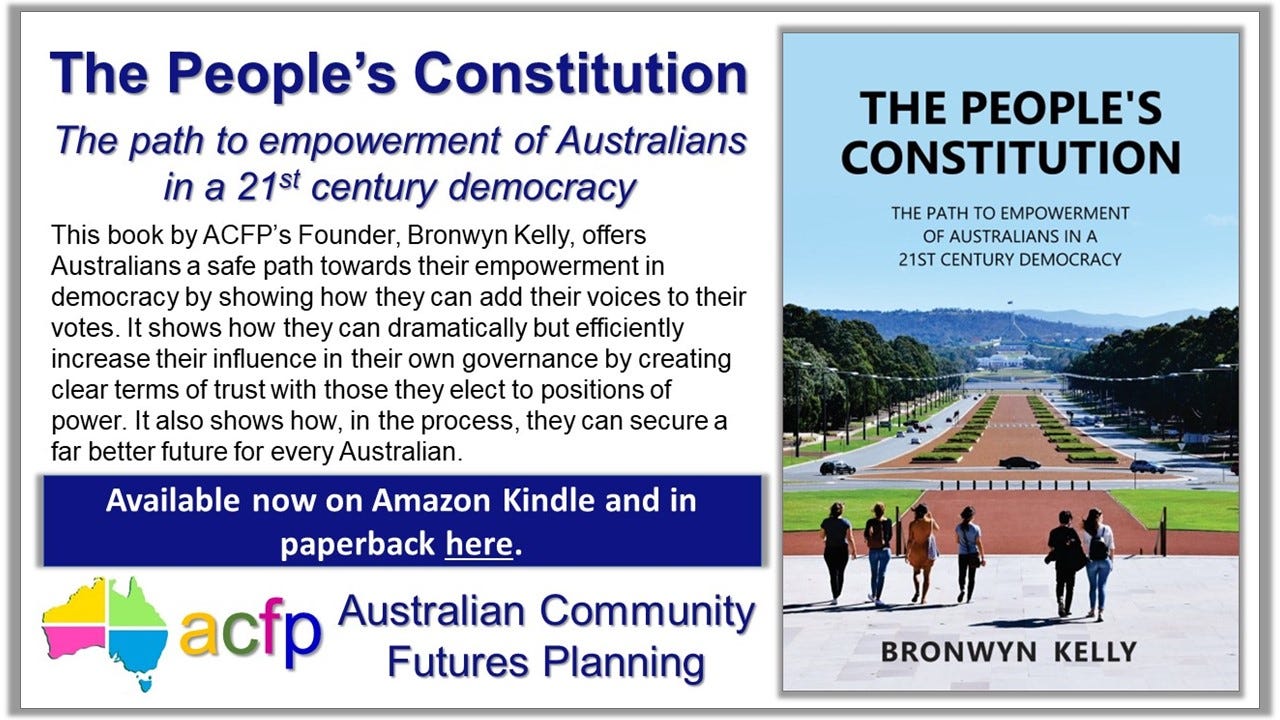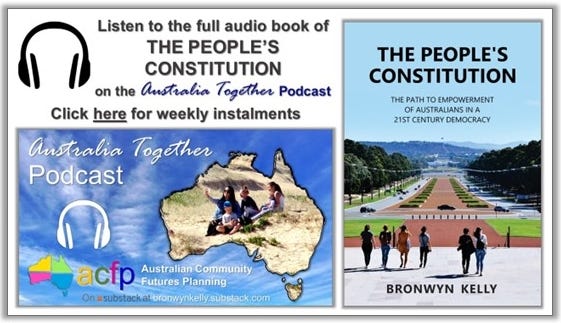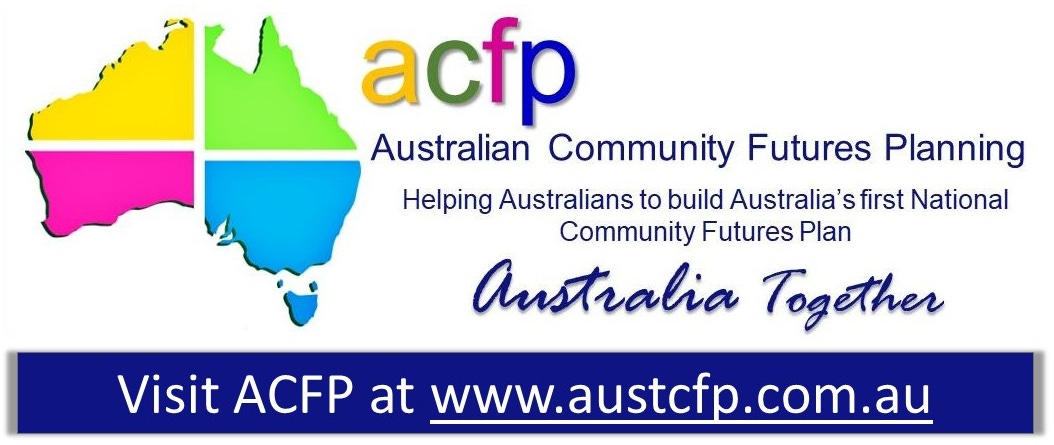A key lesson from the Voice referendum – human rights must be equal and secure for all.
Unless human rights are first established in the Constitution, other constitutional reforms are unlikely to succeed.
Speculation about why Australians voted No in such significant numbers to a Voice for Aborigines and Torres Strait Islanders in the Constitution will continue until well designed and statistically valid studies are completed. The Australian National University, which has conducted post-election surveys since the late 1960s, is an institution well qualified in this sort of study and it is to be hoped they engage with Australians to seek out the reasons for such an emphatic result.
In the meantime, human rights lawyer Father Frank Brennan, has hazarded a possible reason for the rejection of an Indigenous Voice. In John Menadue’s Public Policy Journal, Pearls and Irritations, this week he said,
On one reading, the 60% NO vote was a decision once again to treat everyone the same, declining to set up a new constitutional entity available only to one group of citizens, namely the First Australians.
Father Brennan may well be jumping the gun here because it is just as easy to read the 60% No vote as a desire by the majority to continue treating one group differently. After all, what does a No vote do but leave things the way they are – that is, in a situation where everyone is definitely not treated the same? What does a No vote do but ensure that Indigenous people will go on being treated differently in society and in law – suffering adverse discrimination and disadvantage perhaps for as long as the 60% pleases? A No vote does absolutely nothing to shave off the worst effects of a Constitution that actually legalises adverse discrimination on the basis of race and which has only ever been used to make laws that visit such adversity on one particular group – Indigenous Australians.
Having said that, it is hardly the fault of the 60% if they were not presented with a proposal for constitutional change that would be capable of addressing the disadvantage of First Nations people without at the same time creating a situation where one group has a voice in their own governance and the rest don’t. It is a fact that at present under our political arrangements, no-one other than those we elect to parliament has a voice in decisions which affect them – unless they’re corporations or lobby groups who have the means to pay for access.
Some may assume that elections suffice to provide all of us with as much of a voice as we need or are entitled to, but the fact is that elections are where we give away all power to a tiny few without conditions. Once we have voted, all but the richest of electors are silenced. No-one else gets as much of a voice as they need or are entitled to. As such, it is little wonder that many Australians have shown themselves reluctant to newly elevate one group to a position where its influence, relative to theirs, may increase – even if only a little bit. Australians may well have a sense that they are powerless enough as it is. If so, we might not expect that they would consider it rational to make it worse.
In effect, Australians have been put to a test in the Voice referendum which should not have occurred. They were presented with a proposal which effectively forced them to choose between (a) voting No and thereby visiting continuing disadvantage on Indigenous Australians, or (b) voting Yes and thereby relegating non-Indigenes to an even lower plane of political influence than they occupy now.
This was wrong from the beginning. It was an invidious choice to force on them, one that many Australians obviously came to resent, especially those who might have felt it left them with no way to behave decently to Aborigines without unacceptable risk to themselves. In the circumstances and now with the benefit of hindsight, it might not be surprising that so many voted as they did. For the 60%, the referendum question did not offer them enough in promises that their own rights would be protected – not enough anyway to make them feel safe in granting First Nations peoples a voice when laws are being made about them. In that vein it might be reasonable to conclude, even ahead of surveys, that if the referendum process was a failure for Indigenous recognition, the fault for that does not lie with the 60% who rejected it.
Indeed it would have been entirely unnecessary to put voters in that invidious position in the first place if all Australians – Indigenous and non-indigenous – had been confident of their human rights as equals in Australian law before the referendum vote was taken. Equal access by all Australians to all their human rights should have been made possible well before questions were put to the people about whether a particular group needs more support in the Constitution to enable them to overcome the systemic disadvantage that comes from not having their human rights, including the one most necessary to a life of decency – the right to self-determination. But successive governments have stubbornly refused to ensure human rights in law.
No Australian has the political, civil, economic, social and cultural rights they need in the Constitution and no process has been offered to Australians to enshrine them securely there – so that they cannot be taken away. Instead, all the governments of Australia since World War II have led the nation up to a referendum in 2023 in which most Australians were forced to either establish a right for some that is not yet available to others or accept continuation of a situation where no-one has the human rights they need. They were forced to choose either to establish political inequality or stick with a form of equality that leaves no-one any better off, particularly in terms of the right to have some influence over decisions that affect them.
Human rights are a fundamental entitlement that all Australians should have been able to enjoy and feel secure in as equals decades ago. And it is deeply regrettable that successive governments have failed to attend to calls from Australians for security of their rights in Commonwealth legislation. As early as 2009 those calls were made loud and clear in a major consultation program chaired by Father Frank Brennan himself. The Committee for this Consultation reported that:
of the 35,014 submissions [they] received, 33,356 (95 per cent) discussed the option of enacting a charter of rights or a Human Rights Act [and] of these, 29,153 (87.4 per cent) were in favour of this option, leaving 4,203 (12.6 per cent) opposed to it.
But despite this overwhelming majority of support for a Human Rights Act, the Labor government of the day chose to reject the possibility of legislating rights and did so by relying – shall we say, selectively – on just one of the views expressed by the Committee running the Consultation - an erroneous view, given the data, that
Australia does not have the human rights problems apparent in many other countries and … Australia is, in general, a wonderful country to live in. The majority of people living here feel the system is not broken, and they do not foresee their human rights ever being curtailed. This situation leads many Australians to be sceptical about human rights and to calls for human rights legislation.
In 2023 it is doubtful that a majority of Indigenous Australians, for instance, would agree that their human rights have not been curtailed. If they were comfortable in their rights, there would have been no need for an Uluru Statement from the Heart or a referendum to enshrine a right to a Voice in a form of law that would ensure it could not be taken away again.
But back in 2009 the mindset of the government was obviously not one that was ready to confer rights on Australians in law. Instead, the government - and some members of the Brennan Committee apparently - were willing to put aside the vast majority of submissions from Australians in favour of a Human Rights Act, and give weight instead to the opinions of the small proportion who objected to the idea of enshrining human rights in domestic law. The specious claim by the government in support of its decision not to introduce legislation was that “many Australians remain concerned about the possible consequences of such an Act”, notwithstanding the plain fact that far more Australians remained concerned about the possible consequences of not having such an Act. Years later this denial of calls for human rights legislation has come back to bite us all, the ALP included.
It is apparent from his article in Pearls and Irritations that Father Brennan now feels the need to condole with First Nations over the failure of the referendum and to bestow consolation on them by the words of Isaiah. It remains to be seen whether the disappointment of First Australians is assuaged by condolences from someone who, perhaps with good intentions, argued against them having a Voice to the executive government and, as such, probably did a fair bit to undo support for the Yes vote. In the wash up, it might behove everyone who had influence or legislative power in this period to ponder what brought us to this pass.
What brought us here was the persistent refusal of all post-war Australian governments to vest in domestic law all the rights that Australians are already entitled to under international law. Indeed, had the Brennan Committee and the then government had the courage to heed the 87.4% of submissions favouring human rights laws in Australia it is highly likely that there would have been a far greater willingness among Australians who voted No (at least if they are not racist) to risk offering First Australians a voice of their own. If they had been able to approach the referendum knowing their own rights to be safely protected, they might have reasoned that it is only fair to guarantee that Indigenous Australians will not lose their right to a Voice.
This is the order in which the question of Indigenous recognition should have been resolved respectfully with all Australians – first by recognising that we are all entitled to human rights equally under domestic law, and then by declaring that one group that has suffered the most would never have its rights reduced again. But from the beginning, Australian governments have got this all the wrong way around.
Despite this, the current government has the perfect opportunity to put it right at last. The federal Parliamentary Joint Committee on Human Rights is currently conducting an inquiry into Australia’s Human Rights Framework and is once again considering the question of whether Australia should have a Human Rights Act. Perhaps this new Committee will attend to one of the key lessons of the Voice referendum, which is that the rights of Australians must be protected in the Constitution before any further constitutional reforms are likely to succeed.
More information on the current federal parliamentary inquiry into human rights law
For more information on some of the deliberations of the federal parliament in its current inquiry into Australia’s human rights framework readers may listen to Episode 36 of The Australia Together Podcast, accessible at Apple podcasts. In that episode you will hear Bronwyn Kelly’s testimony before the Parliamentary Joint Committee on Human Rights on why Australians should have their rights protected in the Constitution. You will also be able to hear the reactions of some Committee members.
The final report of this parliamentary inquiry is due to be produced by 31 March 2024. Submissions have closed but readers may track the Inquiry deliberations on the federal parliamentary website at https://www.aph.gov.au/Parliamentary_Business/Committees/Joint/Human_Rights/HumanRightsFramework
What is the basis of Bronwyn Kelly’s testimony to the federal parliamentary inquiry on human rights?
The full reasoning behind Bronwyn Kelly’s testimony to the Parliamentary Joint Committee on Human Rights can be found in her book, The People’s Constitution: the path to empowerment of Australians in a 21st century democracy, available in paperback here and on Kindle here. Or click on the picture below. Or visit the Australian Community Futures Planning website to purchase The People’s Constitution at https://www.austcfp.com.au/publications
Or listen to the audio version of The People’s Constitution on Apple podcast here.
Find out all about ACFP
Become involved in building plans for a better Australia here.








Very well argued. I do wonder though why the black sovereign movement position of the 'progressive No' vote has not been considered? Given that significant stakeholders are involved eg Aboriginal Tent Embassy and that the 2017 Uluru Statement from the Heart process itself was deeply flawed causing a significant minority group to leave